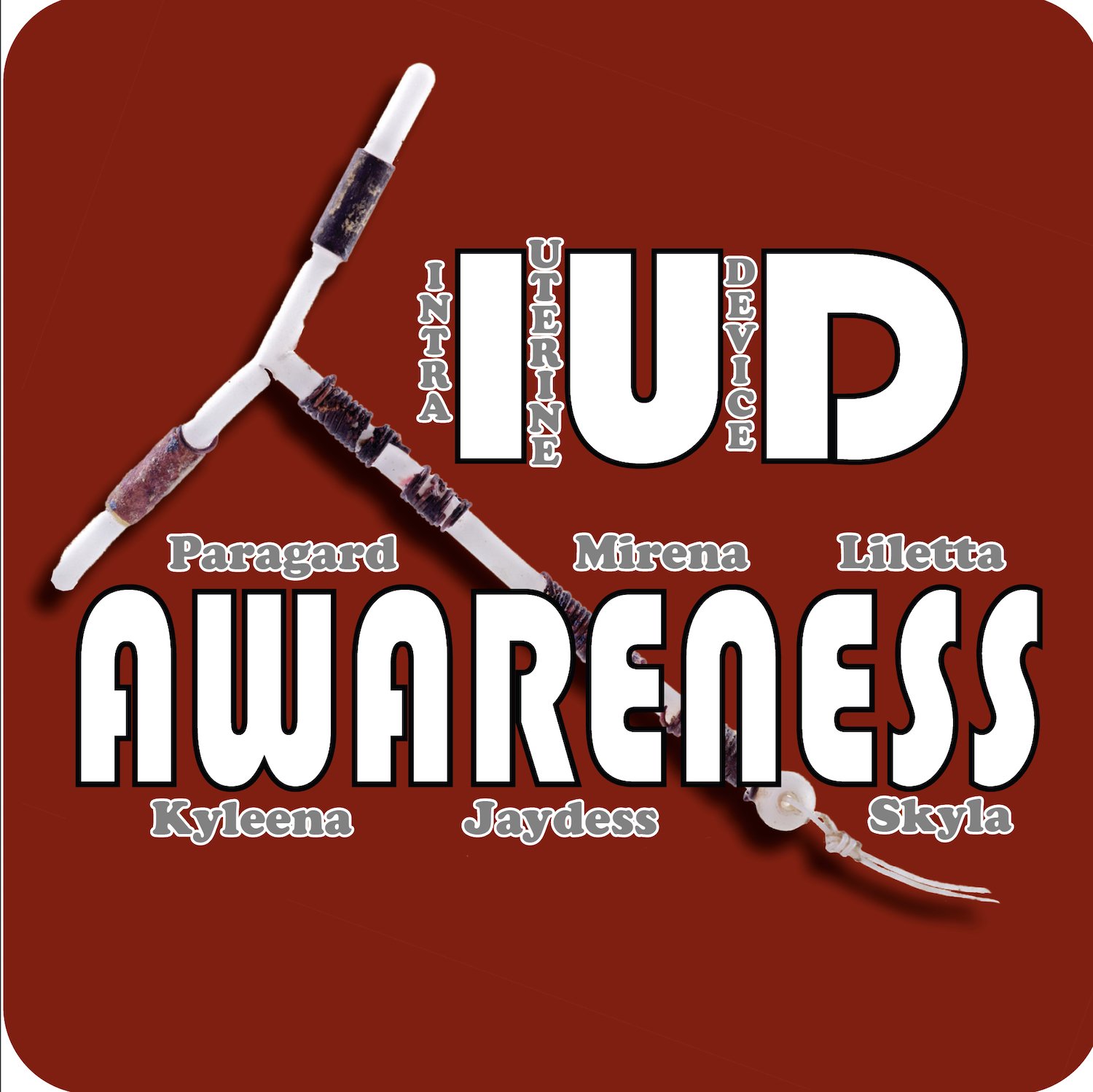The Senseless Ubiquity of Women in Pain
/“Consider how journalist Casey Johnston reported on the excruciating pain of the intrauterine device (IUD) insertion process, arguing that if men had to undergo such a procedure they would be given “epidurals and a hospital stay.”
“Research shows doctors have historically had poor perception of how bad IUD insertion hurts,” she writes, “because women are socialized to downplay their pain.”
Then there’s Lili Loofbourow’s piece from January on the “female price of male pleasure,” in which she notes the rate at which women experience pain with sex; the relatively few studies done on the subject, Loofbourow points out, have found that some 30 percent of women experience pain with vaginal sex and over 70 perent do with anal sex, and many are not telling their partners. She points out that while men measure “good sex” by satisfaction and pleasure, women consider whether or not the experience was painful or harmful. And the societal response tells a parallel story to that of Johnston’s IUD report—one of acute apathy.
Because some of these pains are the result of choices we make—choices to have sex, to use birth control—it’s easy to feel like they are our fault. I know too many chronic illness patients who feel guilty lamenting their inability to enjoy intimacy. They feel that in wanting pain-free, pleasurable sex they’re being indulgent and asking for too much, a sentiment buried under centuries of toxic notions about who is allowed to want and enjoy sex. Meanwhile, we also struggle with pain we have no say in, like sexual violence or chronic disease. The inescapability of these traumas can make the pain of something like the inability to enjoy sex even more felt; life’s innate or simple pleasures that should be a refuge are made to feel like luxuries. And all of this pain—the feelings of guilt for wanting pain-free sex, the choice to have an IUD, an endometriosis diagnosis—is exacerbated by systemic and rampant misogyny.”




















